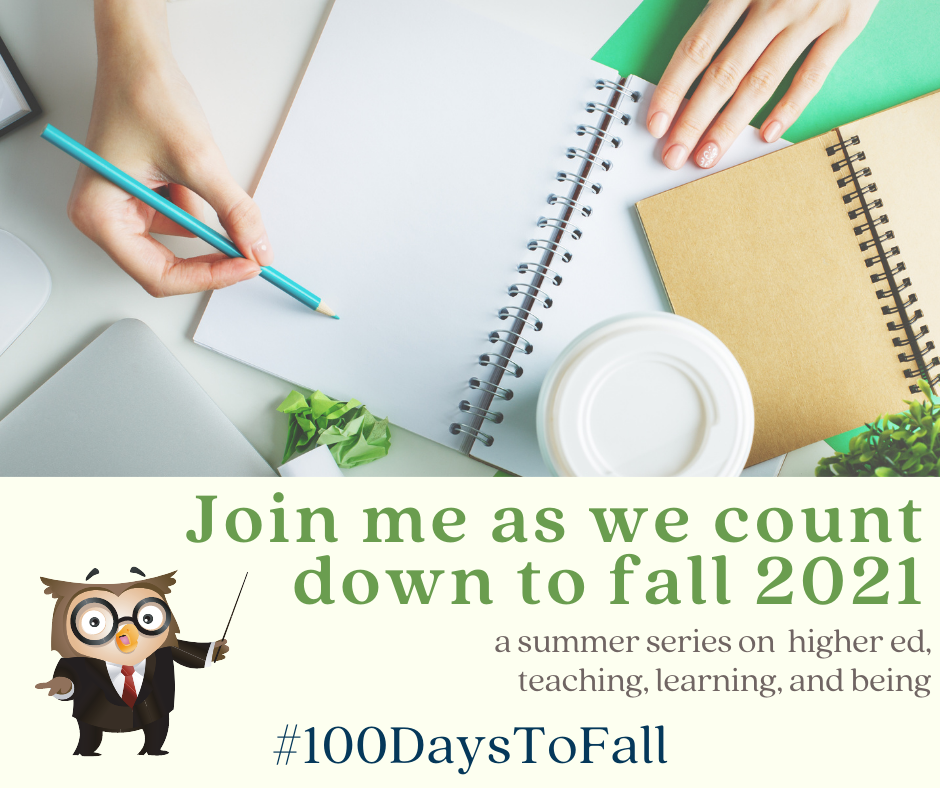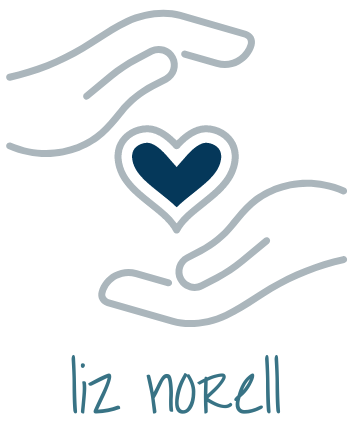We only control what we don’t trust.
Glennon Doyle
As my last post indicated, I’ve been traveling this week — first to (attempt to) visit my brother in Kansas City, then on to my parents’ house in northern Arkansas. I hadn’t seen family since Christmas 2019, in the before-COVID times, so this has been a refreshing and enjoyable opportunity to be among those who knew me first.
During all the driving to and fro, I’ve listened to a couple of audiobooks that have been chock full of interesting insights. The first was for an HxA book club discussion; Kwame Anthony Appiah’s book The Lies That Bind was a thoughtful examination of five kinds of identities… and how they are far less dichotomous than we often think. It got me thinking all kinds of interesting thoughts, many of which I hastily scribbled on a random scrap of paper while driving through farmlands in Illinois and Missouri.
Having finished that one up in time for last Thursday’s discussion, I then turned to Glennon Doyle’s Untamed.* Long a fan of Glennon’s work, I was glad she read the audiobook (as she has her others), as I think books like hers are especially powerful when in the author’s own voice. It has been my road-trip companion over the last week, and in that way I kind of feel like Glennon is my BFF on a girls’ trip, baring our souls and speaking hard truths aloud. In other words, it has been delightful and perfect and brutiful and all the feels.
But there was one line in her book that super-duper stood out to me when I was listening last Friday, and it was the one I quoted above: “We only control what we don’t trust.” (This is in the chapter called “Erikas.”)
Trust
It’s a tricky topic, trust. It’s also been much on our minds of late, suggested by Pete Buttigieg’s book Trust, wherein he writes, “Our country’s ability to meet this moment depends not only on the wisdom of our policies or the justice of our ideals, but on our ability to cooperate to achieve anything at all.” I love this sentence, because it underscores something I believe to be true, namely: Trust is about cooperation in the service of accomplishing our goals.
Glennon’s simple statement, just seven words stated as fact, leapt out at me because I’ve been thinking about these things — trust and cooperation especially — a lot lately. You could read my 88 days to fall post last week as being, at its core, about trust. (I’ve since come to believe that’s accurate.)
Trust comes up for me in two germane spheres, both the topic of that last entry in this series:
- When, how, and to what extent can I trust my students?
- Who can I trust in relationship?
The notion of control, though, that’s a new dimension I think about less… mostly, probably, because the word itself hardly feels aspirational. It’s human nature to prefer control, to what predictability, to attain certainty… but it’s hardly the human condition to have any of those things in abundance (without being, y’know, a dictator or something). If we think about control as the absence of trust, though, those two questions take on a totally different sensibility:
- When, how, and to what extent do I feel I must control my students?
- Who do I need to control in relationship?
Eeps. That didn’t feel good.
A useful reframing
The knee-jerk ickiness I felt in writing those two bullets? That’s the right instinct, I think … and it suggests that Glennon’s on to something here. A useful reframing often does yield some insight, and this particular one has me thinking about the urgency of the call to trust our students in a new light.
I’m reminded of Jesse Stommel’s four-word pedagogy:
The corollary, in this reframing: Stop controlling students.
I’m OK with this.
When dealing with those with whom we are in relationship, the trust is a critical marker of accepting, embracing, and loving another as they are. That doesn’t mean that we find everything about another person utterly delightful — we are human, after all. But it does mean that we don’t feel the need to control their actions or change their fundamental natures, because we trust that they will be authentic with us (as we hopefully are with them).
There’s no question that my relationships where trust is prevalent (and control is minimal) are the most satisfying. As an Enneagram 2, I feel trust in relationships when I feel accepted and loved without having to work hard for that acceptance and love. Those relationships are more plentiful when I have done the work to understand, accept, and love myself, too … when I can operate from a place of greater self-acceptance and greater awareness of my own patterns of behavior.
There’s no huge takeaway here; just some ruminations on the seven words Glennon said the other day that I can’t stop thinking about.
I hope you’ll come back soon for more of the #100DaysToFall series! I’ll have more in a couple of days.
* Incidentally, Untamed came out *JUST* as COVID was becoming a present danger in the United States. My very last adventure being among crowds of people was Glennon’s book tour stop in Nashville, the last stop she’d make before everything shut down. I am so, so glad I got to see her and Abby in person, even though I spent a fair amount of time at TPAC that night wondering if I was inhaling COVID at that exact moment…





